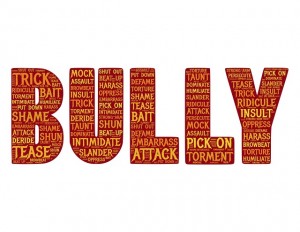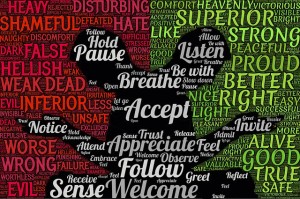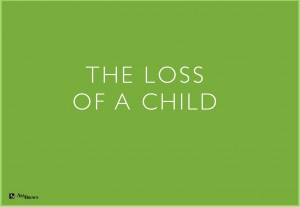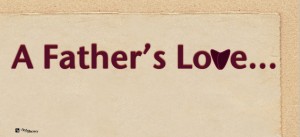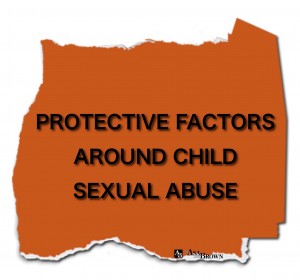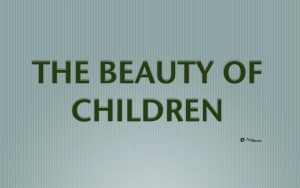This blog post on bullying has to do with the short-term effects that bullying has on the victims while under the bully’s influence. The points I will be explaining are taken from Marie-France Hirigoyen’s book “Le harcèlement moral: la violence perverse au quotidien”. Although the points are mainly hers, I will be explaining them in my own words. The following points are tell-tale signs that we, counsellors, may have a victim of bullying sitting in front of us.
Standing Down: Victims of bullying generally stand down out of fear of undesired consequences: retaliation, break up, guilt-trip, humiliation, loss, etc. The bully will use this fear as leverage, thus mentally paralyzing his victim.
Confusion: Most of the bullying is passive-aggressive and ambiguous at the onset, which leaves room to doubt the aggressive nature of the actions committed or the wo rds spoken. As a result of the confusion, it is not uncommon over time for the individual to experience poor concentration, frequent loss of train of thought, delayed reactions, reduced ability to perform complex intellectual activities, etc.
rds spoken. As a result of the confusion, it is not uncommon over time for the individual to experience poor concentration, frequent loss of train of thought, delayed reactions, reduced ability to perform complex intellectual activities, etc.
Self-doubt: The bully sees to it that the victim think that he is guilty about what happens and yet feel powerless to do anything about it. Self-doubt in the face of the violence suffered creates paralyzing confusion. As the victim becomes defenseless, he also becomes the scapegoat upon whom the aggressor puts all of his own insecurities, faults, flaws, etc…
Continue reading
*The views expressed by our authors are personal opinions and do not necessarily reflect the views of the CCPA
